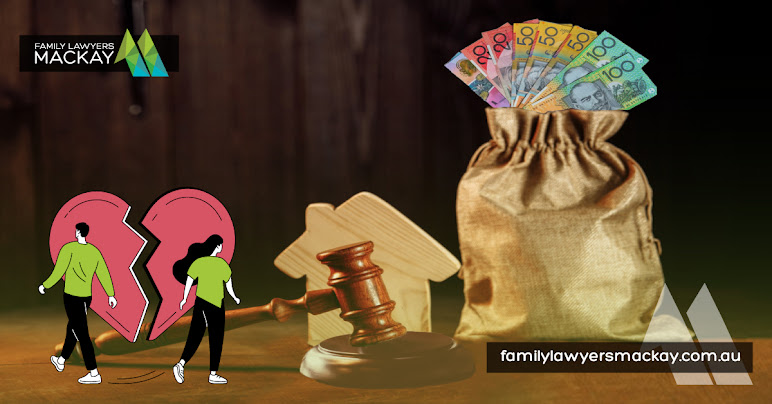When it comes to the challenging and often emotionally charged process of divorce, financial matters can become particularly contentious. One such issue that frequently arises is the concealment of assets during divorce proceedings. In Australia, as in many other countries, concealing assets during a divorce is a serious matter with legal consequences. In this comprehensive guide, we will delve into the topic and explore the penalties associated with concealing assets during divorce in Australia.
Understanding the Importance of Full Financial Disclosure
Before delving into the penalties for concealing assets during divorce in Australia, it's crucial to understand the significance of full financial disclosure in divorce proceedings. When a married couple decides to part ways and file for divorce, both parties are legally obligated to provide complete and accurate information about their financial situation. This includes details of income, assets, liabilities, and expenses.
Full financial disclosure is essential for several reasons:
Equitable Division of Assets: The court relies on accurate financial information to make fair and just decisions regarding the division of assets and liabilities between the spouses.
Child Support and Alimony: Financial information is also used to determine child support and alimony payments, ensuring that they are fair and appropriate for the circumstances.
Avoiding Unfair Advantage: Concealing assets can provide one party with an unfair advantage, leading to an unjust outcome in the divorce settlement.
The Legal Implications of Concealing Assets
Concealing assets during divorce is not only unethical but also illegal in Australia. The Family Law Act 1975 governs divorce proceedings in the country, and it explicitly requires both parties to provide full financial disclosure. Failure to do so can result in severe penalties, both civil and criminal.
Civil Penalties
Civil penalties for concealing assets during divorce typically involve financial consequences. These penalties may include:
Asset Forfeiture: The court may order the forfeiture of assets that were concealed, transferred, or dissipated to prevent their inclusion in the marital property pool.
Compensation: The offending party may be required to compensate the other party for the financial losses suffered due to the concealment of assets.
Legal Costs: The party found guilty of concealing assets may be ordered to pay the legal costs of the other party incurred in uncovering the hidden assets.
Criminal Penalties
In addition to civil penalties, concealing assets during divorce can lead to criminal charges. Some of the criminal penalties that may apply include:
Contempt of Court: Deliberately hiding assets from the court can be considered contempt of court, subject to fines or even imprisonment.
Perjury: Providing false or misleading information under oath is a criminal offense and may result in perjury charges.
How Courts Detect Concealed Assets
Detecting concealed assets can be challenging, but Australian courts have mechanisms in place to uncover such deceit. These mechanisms include:
Forensic Accountants: Courts may employ forensic accountants who specialize in tracing hidden assets, unearthing financial irregularities, and evaluating the true value of assets.
Financial Records: Courts thoroughly review financial records, including bank statements, tax returns, and business records, to identify discrepancies.
Examination Under Oath: Parties involved in divorce proceedings may be subject to examination under oath, where they are required to answer questions about their finances truthfully.
Conclusion
In conclusion, concealing assets during divorce in Australia is a serious matter with significant legal consequences. The Family Law Act 1975 mandates full financial disclosure to ensure fairness and justice in divorce proceedings. Parties who attempt to conceal assets may face both civil and criminal penalties, including asset forfeiture, compensation, legal costs, contempt of court charges, and perjury charges.
It is crucial for individuals going through a divorce to understand the importance of honesty and transparency in financial matters. Attempting to hide assets not only carries legal consequences but can also prolong and complicate the divorce process, leading to increased emotional and financial stress for all parties involved.
Need Legal Help?
If you need help, please contact the Mackay Family lawyers team at Family Lawyers Mackay today for a FREE, no-obligation 20-minute consultation. To schedule an appointment with one of our Qualified and experienced Family lawyers in Brisbane.
Find Brisbane family lawyers on Google Maps near you.

Comments
Post a Comment